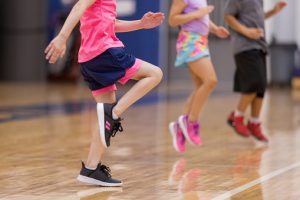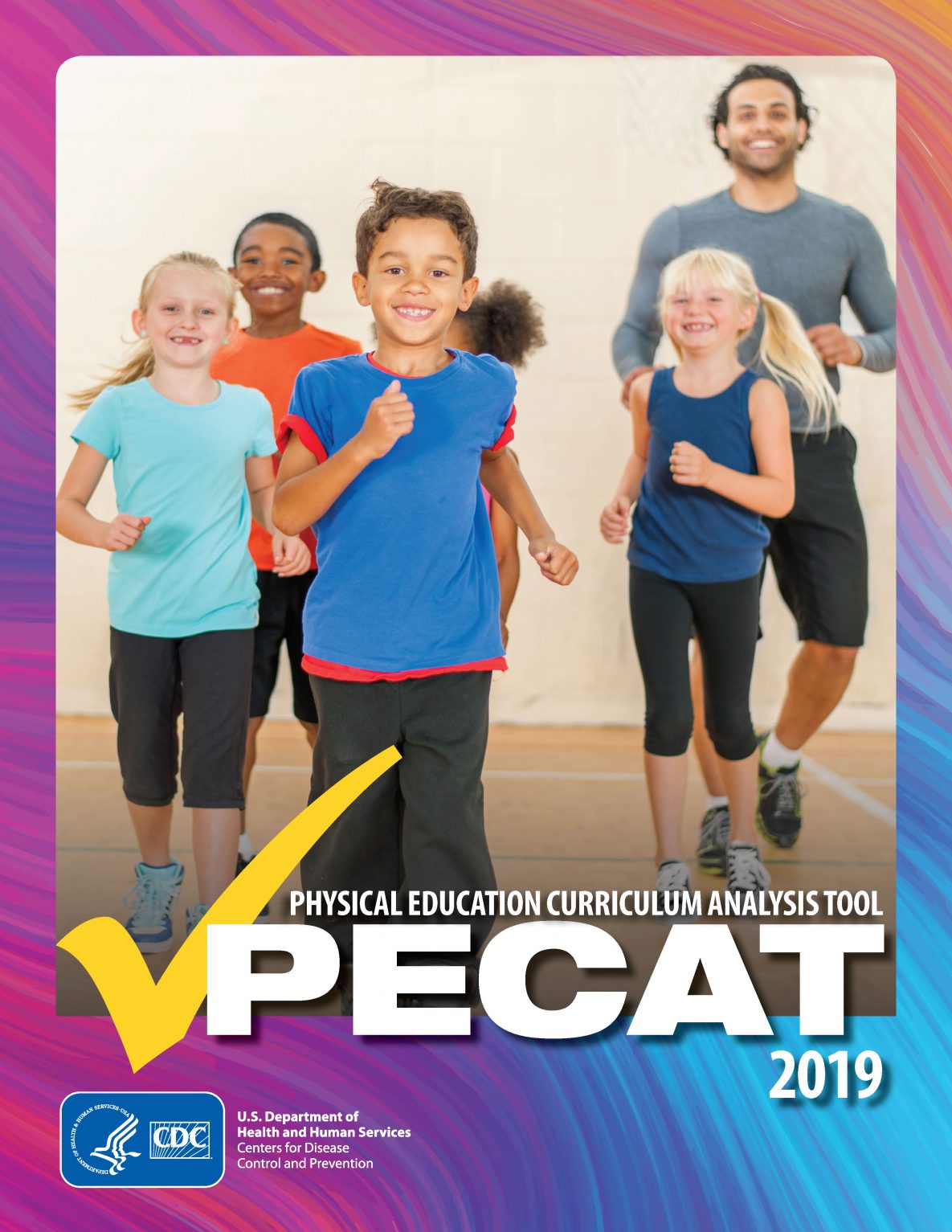
According to the Centers for Disease Control and Prevention (CDC),”Physical education is the foundation of a Comprehensive School Physical Activity Program. It is an academic subject characterized by a planned, sequential K–12 curriculum (course of study) that is based on the national standards for physical education. Physical education provides cognitive content and instruction designed to develop motor skills, knowledge, and behaviors for physical activity and physical fitness. Supporting schools to establish physical education daily can provide students with the ability and confidence to be physically active for a lifetime.
There are many benefits of physical education in schools. When students get physical education, they can:
- Increase their level of physical activity.
- Improve their grades and standardized test scores.
- Stay on-task in the classroom.
Covid19 Resources for PE
SHAPE America Covid Resources for Health and Physical Education SHAPE America is dedicated to supporting health education and physical education teachers across the country as schools implement reopening plans and continue effective instruction through the school year during the COVID-19 pandemic.
SHAPE America: Society and Health and Physical Educators SHAPE America envisions a nation where all children are prepared to lead healthy, physically active lives through health and physical education. Learn about professional development opportunities, grants, events and membership benefits.
CDC Healthy Schools: Physical Education
New Mexico Physical Education Content Standards and Benchmarks
National Physical Education Standards
Standard 1: The physically literate individual demonstrates competency in a variety of motor skills and movement patterns.
Standard 2: The physically literate individual applies knowledge of concepts, principles, strategies and tactics related to movement and performance.
Standard 3: The physically literate individual demonstrates the knowledge and skills to achieve and maintain a health-enhancing level of physical activity and fitness.
Standard 4: The physically literate individual exhibits responsible personal and social behavior that respects self and others.
Standard 5: The physically literate individual recognizes the value of physical activity for health, enjoyment, challenge, self-expression and/or social interaction.
Physical Education Analysis Tool (PECAT)
The Physical Education Curriculum Analysis Tool (PECAT) is a self-assessment and planning guide developed by CDC. It is designed to help school districts and schools conduct clear, complete, and consistent analyses of physical education curricula, based upon national physical education standards.
Visit our PECAT page to learn more about how schools can use this tool.
New Mexico Activities Association
The New Mexico Activities Association was formed in 1921 as a private/non-profit organization whose principle purpose is the regulation, direction, administration and supervision of interscholastic activities in the State of New Mexico. The NMAA prides itself in its leadership, providing educational and social experiences for the students and communities of New Mexico. The NMAA has 162 member high schools & 187 member middle schools that have the opportunity to participate in a total of 13 sports and 24 activities sanctioned by the Association.
NMAA Guidance for Return to Play
Social and Emotional Learning (SEL) in Physical Education
According to CASEL , the Collaborative for Academic and Social and Emotional Learning, SEL is an integral part of education and human development. SEL is the process through which all young people and adults acquire and apply the knowledge, skills, and attitudes to develop healthy identities, manage emotions and achieve personal and collective goals, feel and show empathy for others, establish and maintain supportive relationships, and make responsible and caring decisions. SEL is a natural fit with the Teaching Personal and Social Responsibility (TPSR) in PE.
Resources
- Considerations for School Reentry: Social and Emotional Learning Social and emotional learning (SEL) is a critical component of educating today’s youth and a key component of health and physical education instruction. In preparing for school reentry, intentionally incorporating SEL will be essential to supporting students through the COVID-19 pandemic.
- Promoting Social and Emotional Learning in Physical Education An article from the Journal of Physical Education, Recreation and Dance (JOPERD)
- Strategies for SEL Through Physical Activity for an Afterschool Program A collaboration of the University of New Mexico and the University of Georgia with ties to after school programing and examples of language and use during physical activities.
During February, teachers and caregivers across the country can participate in Active Classrooms Month by showcasing ways they integrate physical activity into learning and highlighting the positive impact movement has on young people! Special activities like webinars and live physical activity boosts during the month are intended to help all teachers and caregivers experiment and build their confidence in adding more movement into the classroom. Access the video library here.
If you have questions please contact:
Sharona Secatero Sharona.Secatero2@ped.nm.gov

